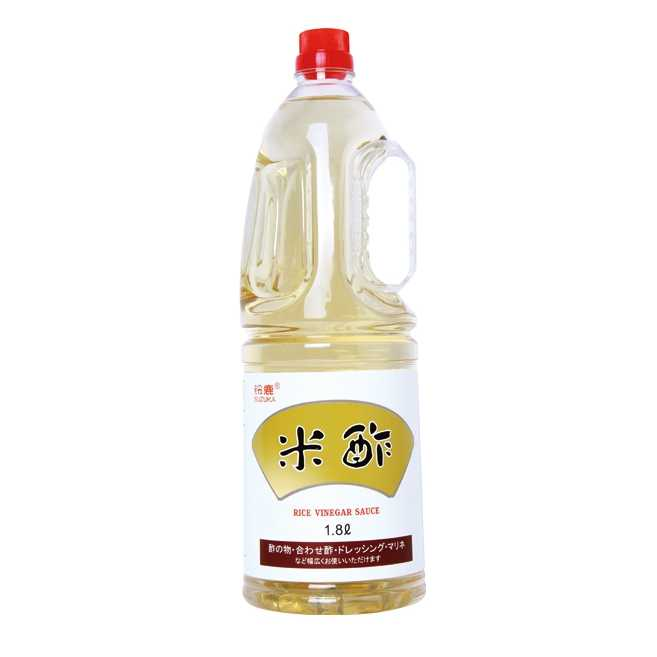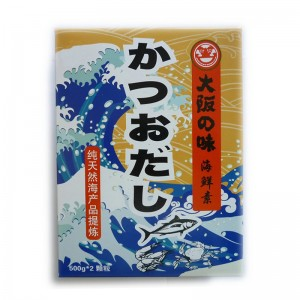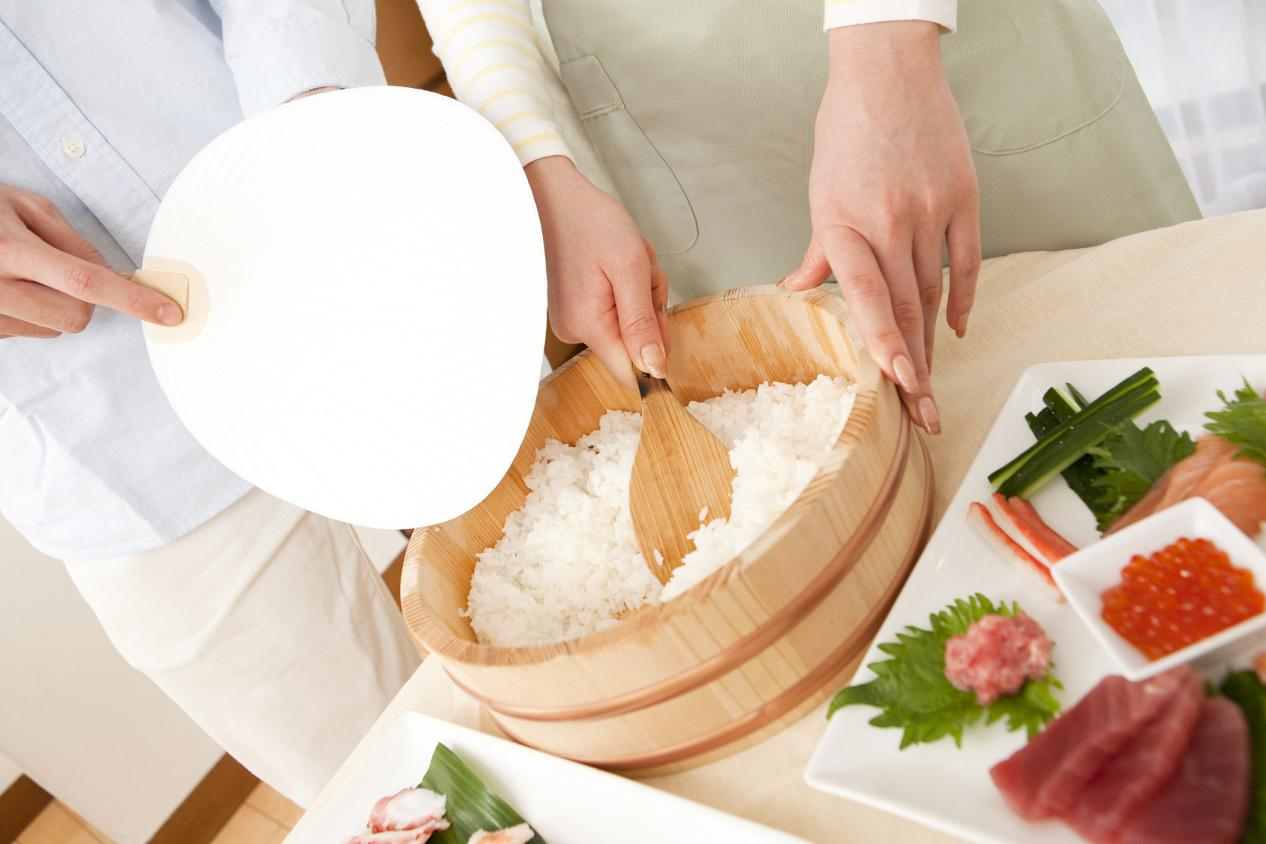Sushi vinegar, also known as rice vinegar, is a fundamental component in the preparation of sushi, a traditional Japanese dish that has gained immense popularity worldwide. This unique type of vinegar is essential for achieving the distinct flavor and texture that characterizes authentic sushi. In this article, we will explore the significance of sushi vinegar, its cooking instructions and usage, the production process, its advantages, and the alcohol content in the vinegar.
What is Sushi Vinegar?
Sushi vinegar is a type of rice vinegar that is specifically formulated for use in sushi rice. It is made by fermenting rice and is known for its mild, slightly sweet flavor and delicate aroma. The vinegar is typically seasoned with sugar and salt, which gives it a balanced and harmonious taste that complements the other ingredients in sushi.


Cooking Instructions and Usage
To prepare sushi rice, sushi vinegar is mixed with freshly cooked rice while it is still warm. The vinegar is gently folded into the rice using a cutting and folding motion to ensure that each grain is evenly coated. This process is crucial for imparting the characteristic tangy flavor and glossy appearance to the sushi rice. Additionally, sushi vinegar can also be used as a dipping sauce for sushi, sashimi, and other Japanese dishes, adding a refreshing and tangy flavor to the overall dining experience.

How is Sushi Vinegar Produced?
The production of sushi vinegar involves a meticulous process that begins with the fermentation of rice. High-quality rice is first washed and steamed before being inoculated with a specific strain of bacteria and yeast. The rice is then left to ferment in a controlled environment, allowing the natural sugars in the rice to be converted into alcohol and then into acetic acid. The resulting liquid is then seasoned with sugar and salt to create the final sushi vinegar product.
Our Advantages
At our sushi vinegar production facility, we take pride in using traditional methods combined with modern technology to ensure the highest quality product. We carefully select premium rice and employ a precise fermentation process to create a vinegar that is consistent in flavor and quality. Our sushi vinegar is free from artificial additives and preservatives, making it a natural and healthy choice for culinary use. Additionally, our commitment to sustainability and environmental responsibility is reflected in our production practices, ensuring that our sushi vinegar is not only delicious but also ethically produced.
Alcohol Content in Sushi Vinegar
Sushi vinegar typically contains a low alcohol content, usually less than 0.5%. This minimal alcohol content is a result of the fermentation process and is not intended to impart an alcoholic effect when consumed. The small amount of alcohol contributes to the overall flavor profile of the vinegar and is an integral part of its traditional production.
In conclusion, sushi vinegar plays a vital role in the creation of authentic and delicious sushi. Its unique flavor, cooking versatility, and traditional production methods make it an indispensable ingredient in Japanese cuisine. Whether used to season sushi rice or as a dipping sauce, sushi vinegar adds a delightful tanginess that enhances the overall dining experience. With its rich history and cultural significance, sushi vinegar continues to be a cherished component of Japanese culinary heritage.
Post time: Jun-11-2024